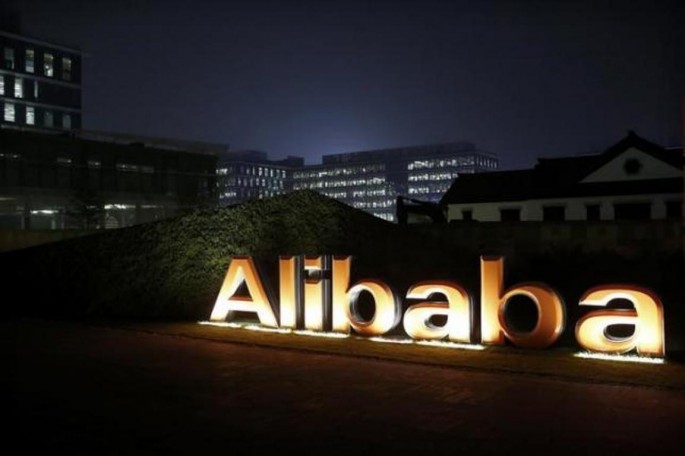China's e-commerce titan Alibaba said that it has elbowed out Wal-Mart as the "largest retail economy in the world as measured by annual gross merchandise volume (GMV) on its China retail marketplaces," based on official documents submitted on April 5.
GMV is the total value of all products sold through an online platform, and is different from the company's revenue, which would typically be calculated as a sum of the commission it earns from sales on its platform, according to International Business Times.
The group has yet to release official figures, but an earlier statement from Alibaba executive vice chairman Joe Tsai backs the claim that the Chinese group has trumped the U.S.-based retailer.
"With 10 days remaining in our fiscal year ending March 2016, Alibaba's China retail marketplace platforms surpassed [3 trillion yuan] in GMV," Tsai said. "That is about 476 billion in U.S. dollars and, if the platforms we operate were a province, we would rank as the sixth largest provincial economy in China."
A recent ranking by Investopedia shows that Wal-Mart, founded in 1945, generated an annual worldwide revenue of $485.7 billion in 2015, making it last year's biggest retailer.
But as Alibaba's announcement indicates, tables seem to have turned. In a China Daily report, the group said that it "used 13 years to demonstrate the power of a different business model compared with brick-and-mortar retailers."
Alibaba's online trading volume accounted for 10 percent of the overall retail volume in China and it directly generated 15 million jobs, the report said, citing an official statement.
The Chinese retailer's triumph comes as no surprise. In a 2014 Forbes report, founder Jack Ma shared that his group "[wants] to be bigger than Wal-Mart."
Alibaba CEO Jonathan Lu also said in a CNBC report that "the company expects to triple the volume of transactions on its marketplaces to about 3 trillion yuan or $490 billion by 2016, overtaking Wal-Mart as the world's biggest retail network."



























